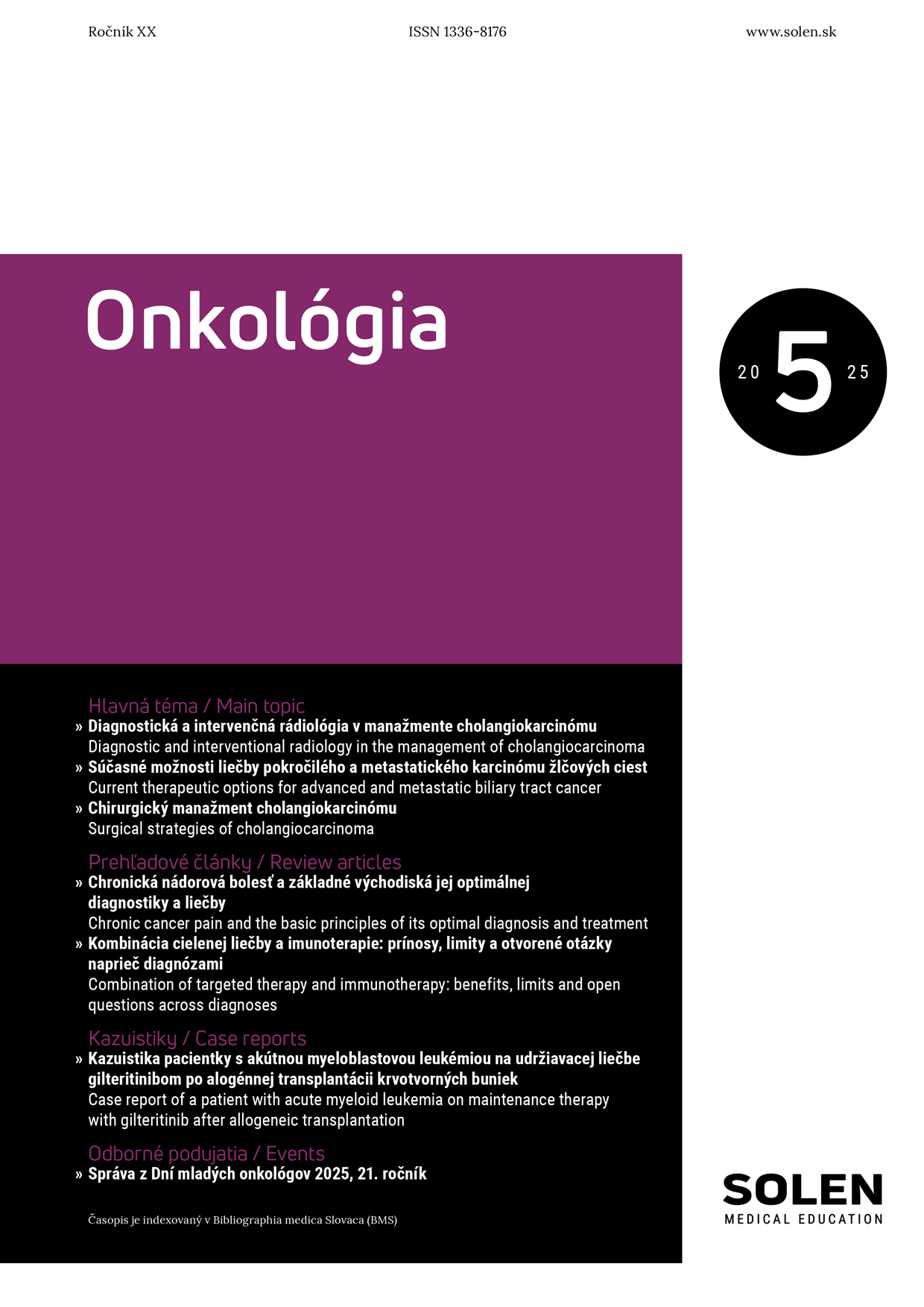Psychiatria pre prax 1/2021
Cariprazine in acute phase treatment of patients with schizophrenia
In routine clinical practice we encounter limitations of the optimal treatment adjustment for patients with schizophrenia. Several variables play a key role in the therapeutic process itself - whether in the form of dubious patient compliance, insufficient pharmacological efficacy of psychiatric medication influencing wider range of symptoms, development of side effects of the treatment, late initiation of psychiatric intervention, including insufficiently supportive family and social background. Undoubtedly, negative symptoms are among the most debilitating aspects of living with schizophrenia and therapeutical changes of these symptoms leads to significant functional benefits and improve the quality of life not only for the patients themselves, but also for their relatives. However, positive symptoms tend to be initial reason for psychiatric intervention more often. Cariprazine, a partial agonist of dopamine D2 / D3 receptors, has been shown to be effective across multiple symptom domains in clinical trials. When deciding on the inclusion of cariprazine in the patient›s treatment, we mostly think of its proven effect on the negative symptoms in patients with schizophrenia, the evidence of clinical studies shows its full potential to address acute psychosis or relapse.
Keywords: schizophrenia, acute phase of schizophrenia, cariprazine, positive symptoms, D2 / D3 agonist

















